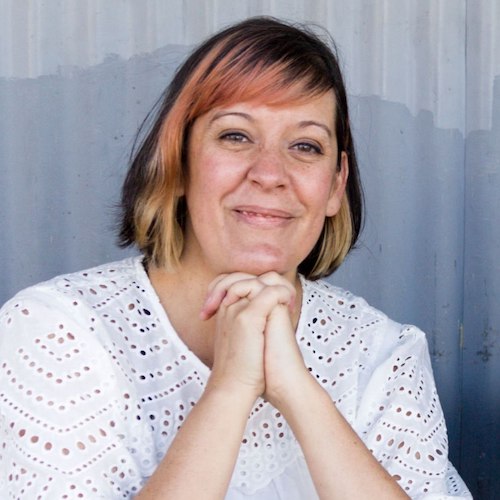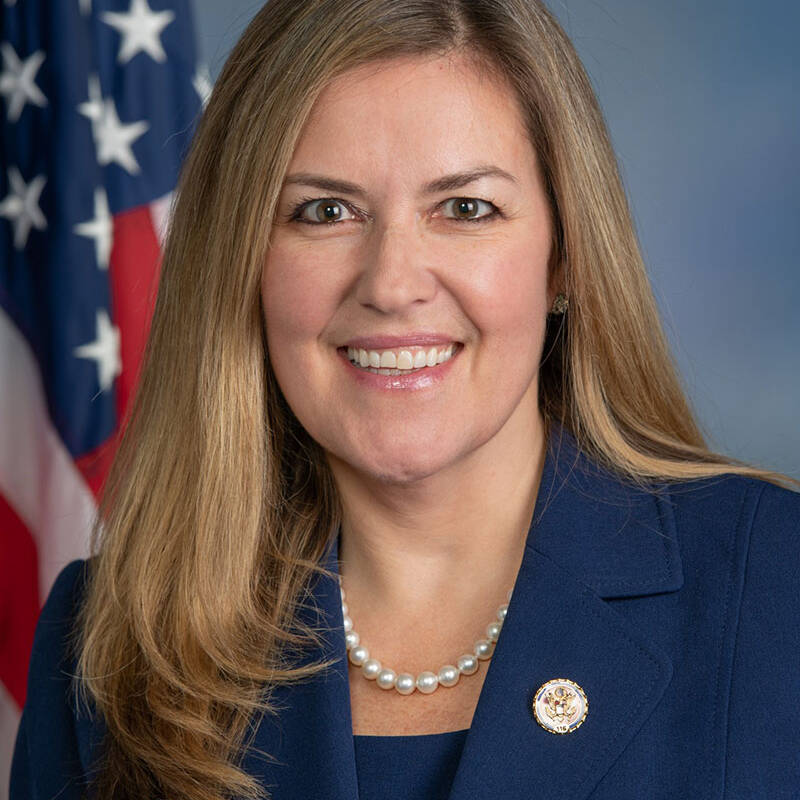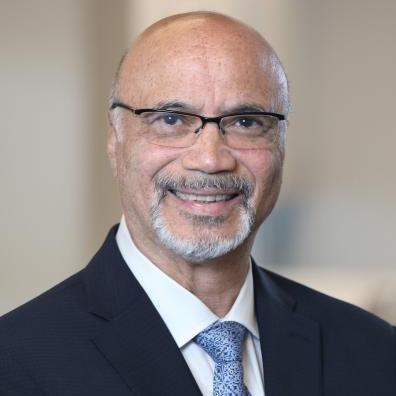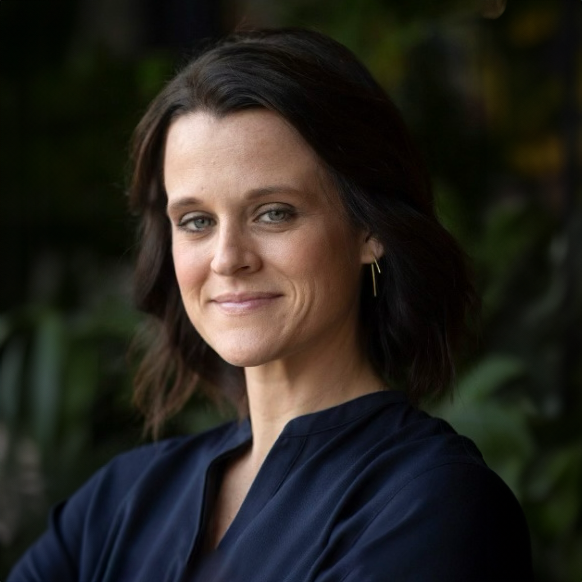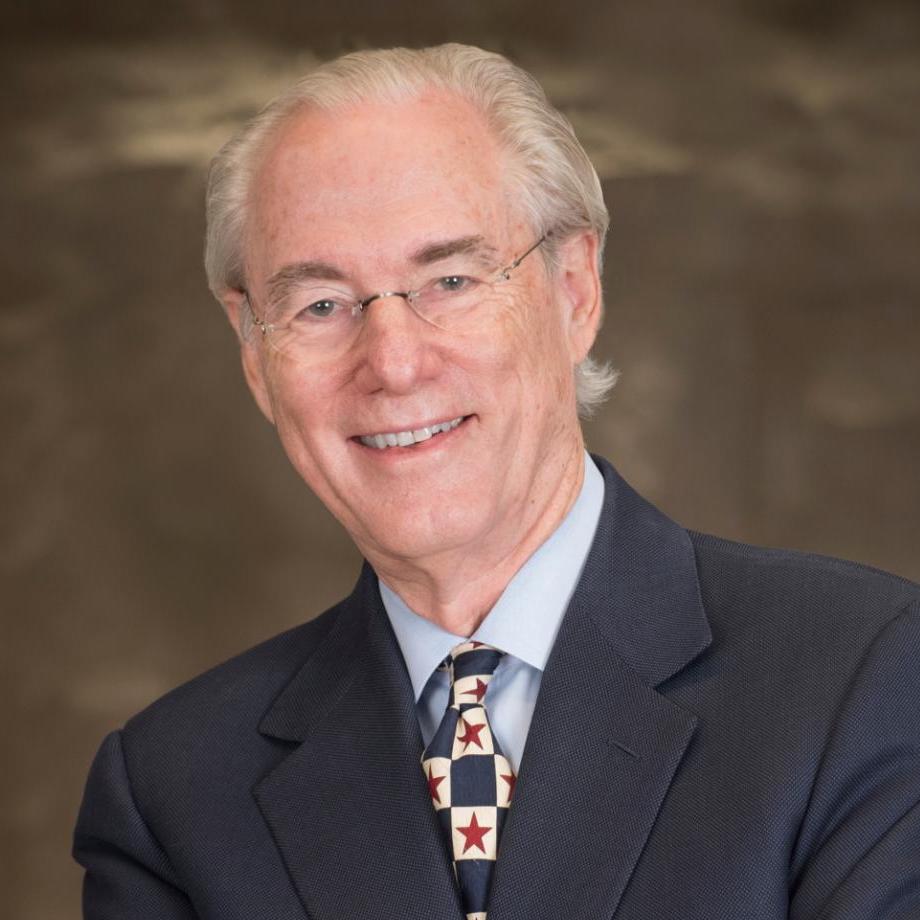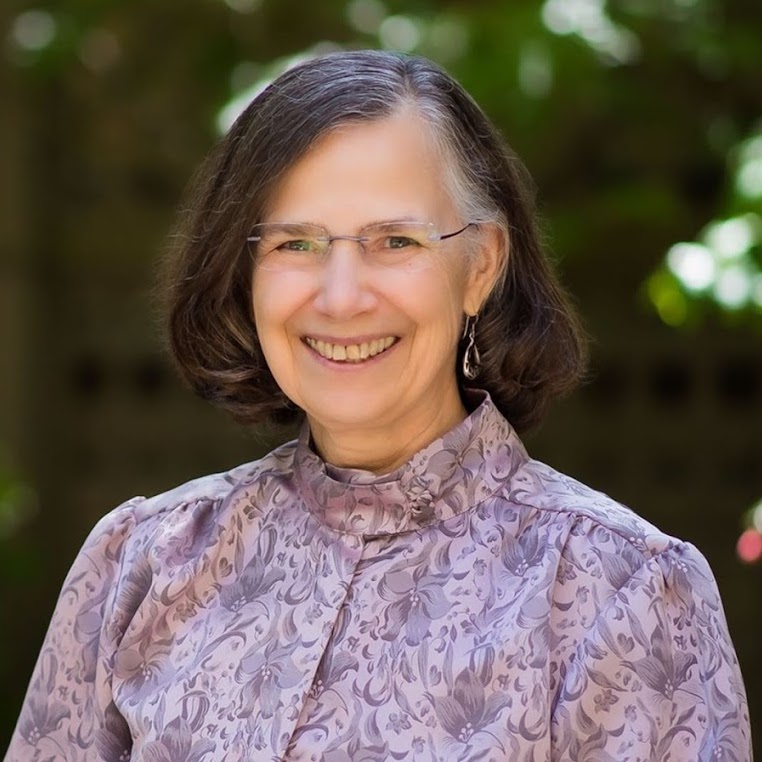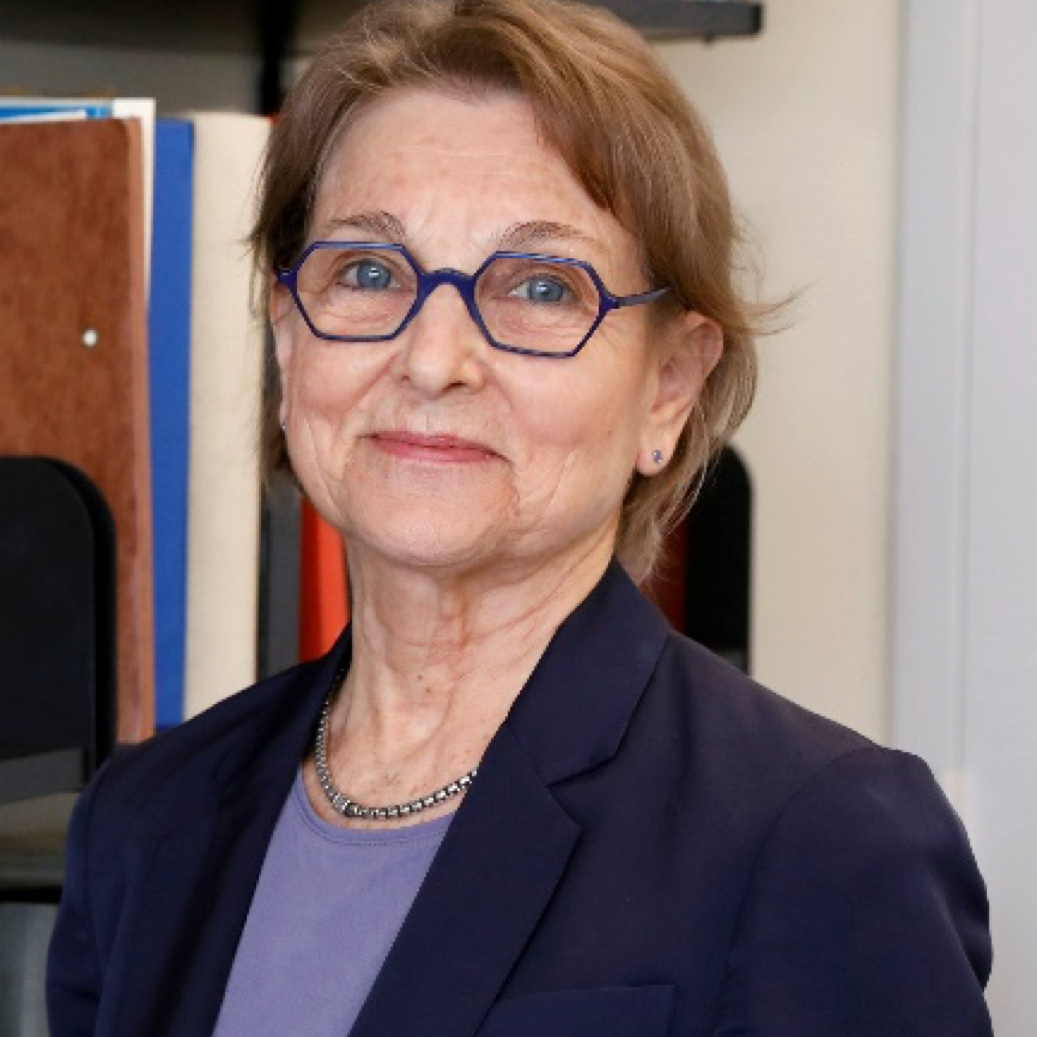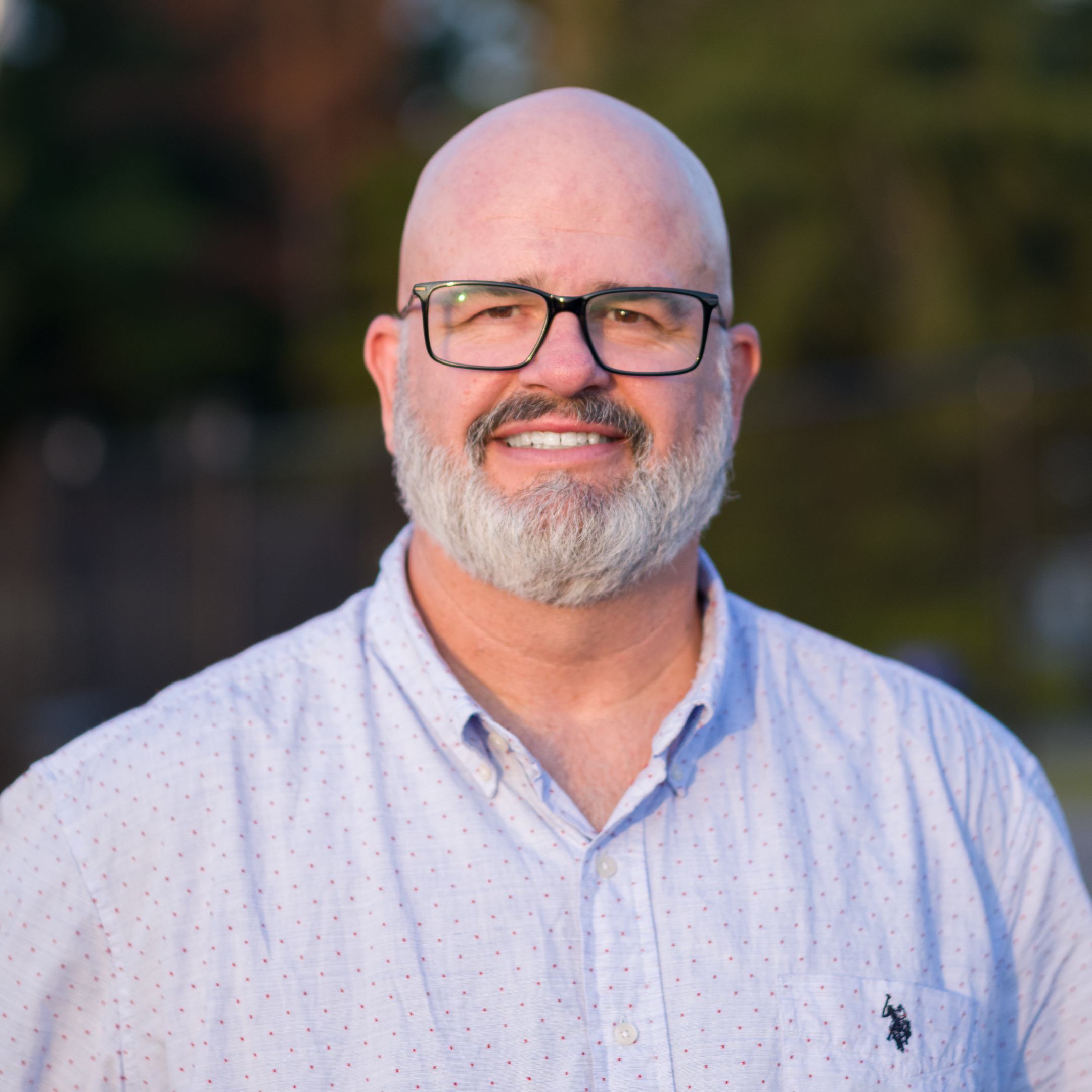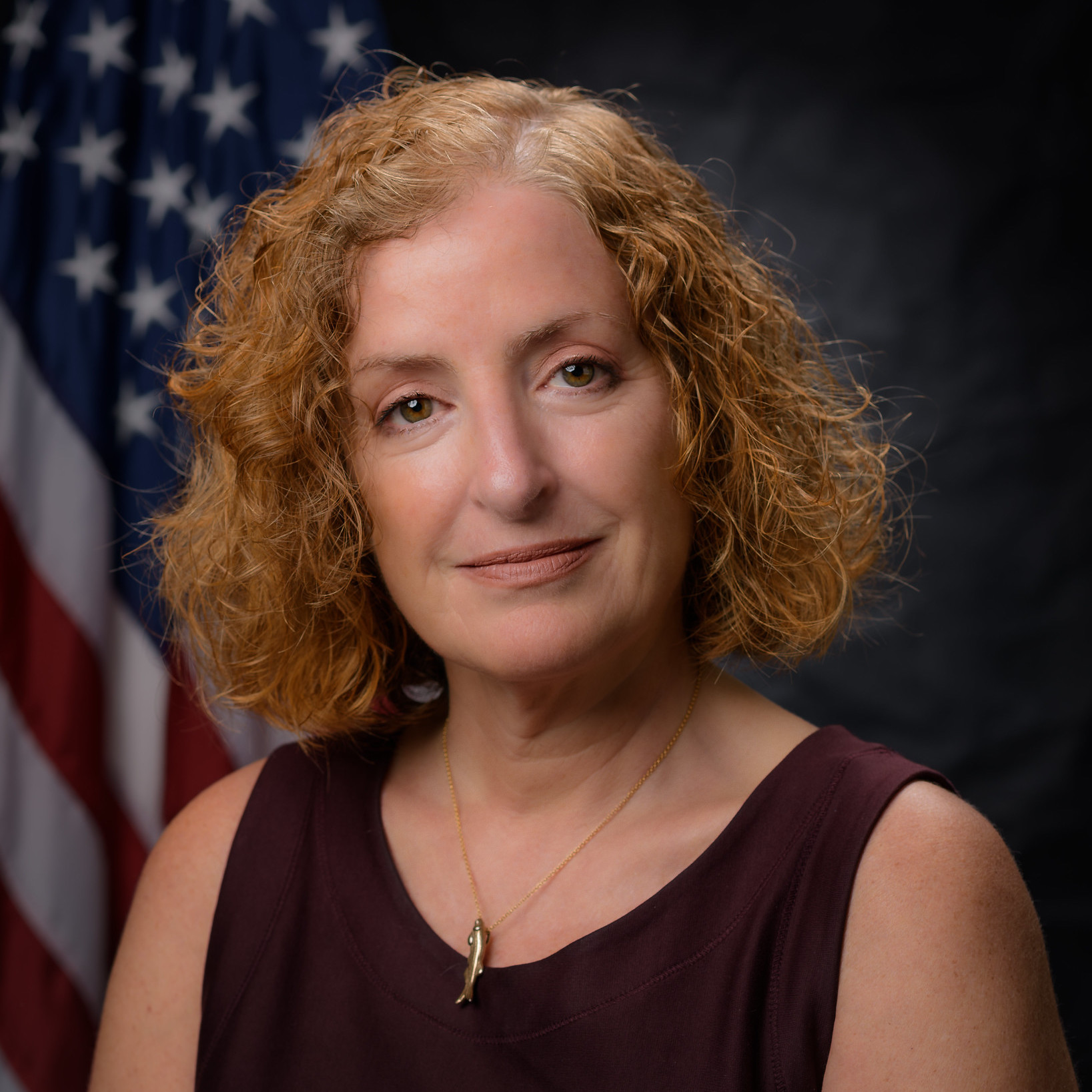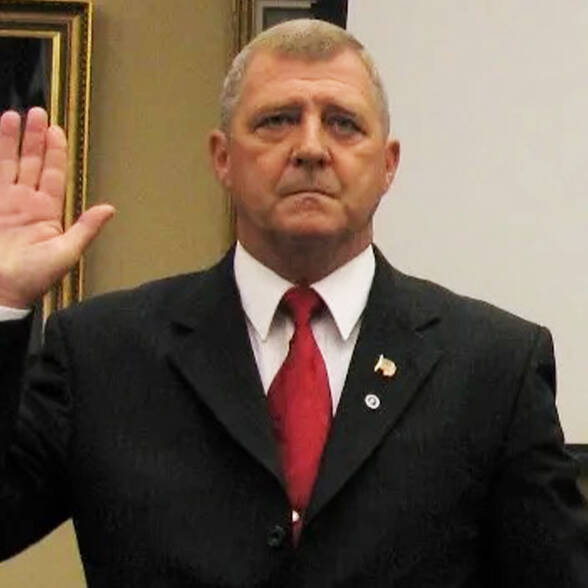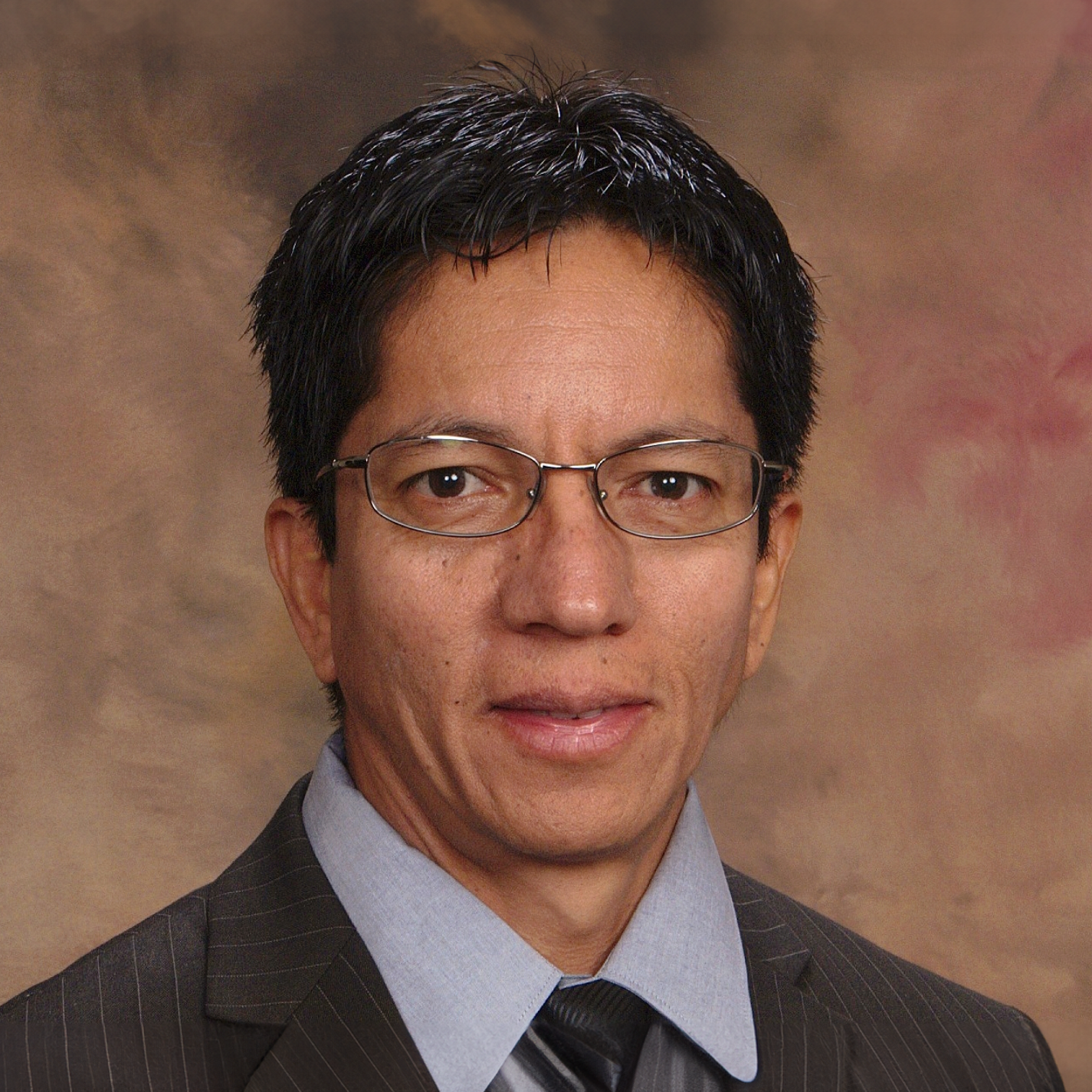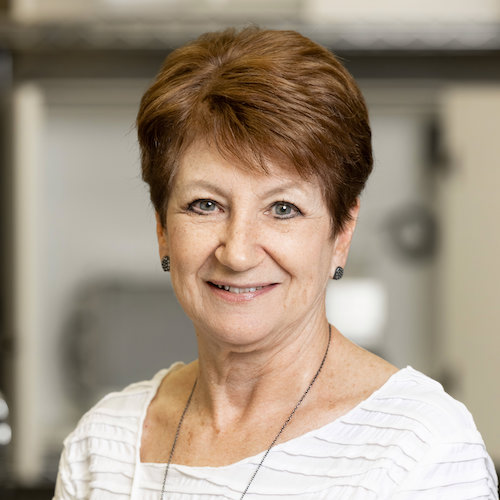East Palestine, One Year After Chemical Disaster
By David Pfister
This article was originally published in Food and Water Watch
Published Mar 1, 2024
A year after a chemical spill in East Palestine, residents have been forced to continue fighting for much-needed aid and protections. We speak with Hilary Flint, an advocate on the ground.
February 3, 2024 marked the 1st anniversary of the catastrophic Norfolk Southern train derailment in East Palestine, Ohio. The images of that day were fresh in my mind as I navigated the winding country road that leads into the town from Pennsylvania.
This road sends you directly past the derailment site. It’s now open to traffic after months of remediation work by the Environmental Protection Agency (EPA) and the railroad. I know the place well — you can see it from the highway overpass on nearby Route 51, where I used to wander with friends as a kid, talking of the future as the trains rumbled just feet below us. Those memories have a different flavor now.
The brilliant blue sky served as a sharp contrast to the cold temperatures and intermittent snow of the previous year — the backdrop to the towering plume of smoke and vapor created by a controlled burn of a tanker car’s worth of toxic vinyl chloride. The burn spread contamination for miles around the derailment site.
Ten additional cars also derailed. They carried several other hazardous substances, including chemicals that, just in the short term, can cause coughing, shortness of breath, dizziness, and drowsiness.
On the day of the anniversary, residents, business owners, allies, and supporters and media from across the country came together in East Palestine. They met at McKim’s Winery, less than half a mile from the derailment site, for a commemorative gathering titled “We Refuse To Die: East Palestine Rising.”
The gathering was co-hosted by the Unity Council for the East Palestine Train Derailment in conjunction with the Washington state-based Natural History Museum. It was an afternoon of fellowship, reflection, and rededication to the work we’ve done over the past year — and must, unfortunately, continue to do.
East Palestine’s Lurking Public Health Crisis
The immediate aftermath of the disaster was a chaotic mess, as officials downplayed what residents were seeing with their own eyes. For example, officials said early on that contamination was limited to the crash site — and yet the chemical spill killed tens of thousands of fish in nearby rivers.
A year after the accident, dozens remain unable to return to their homes because of symptoms that surface when they walk through their doors. More continue to endure the lingering aftereffects of chemical exposure. Rashes, breathing issues, and autoimmune responses are common topics of conversation still. Worries persist about the drinking water and still-contaminated streams in town.
Residents and independent experts have raised issues with the testing the EPA has used to give the all-clear to return. They’ve also raised issues with the private contractor Norfolk Southern hired to do testing.
Public health experts have criticized the lack of testing for contamination in residents’ bodies immediately after the disaster. This will make it impossible for people to know for certain whether illnesses later in life are connected to the derailment.
Additionally worrisome is the fact that many of the chemicals spilled in the derailment can change as they break down and interact with the environment, with completely unknown consequences.
Now, Norfolk Southern is cutting off support programs to affected residents of the town. Its offsite accommodation compensation program for affected residents ended on February 9. The company has yet to face full accountability for its cost-cutting practices, like chronic understaffing, which make derailments much more likely.
Moreover, residents outside of East Palestine, including those in Pennsylvania, have been left out of much of the state and federal responses, despite also being impacted by the disaster.
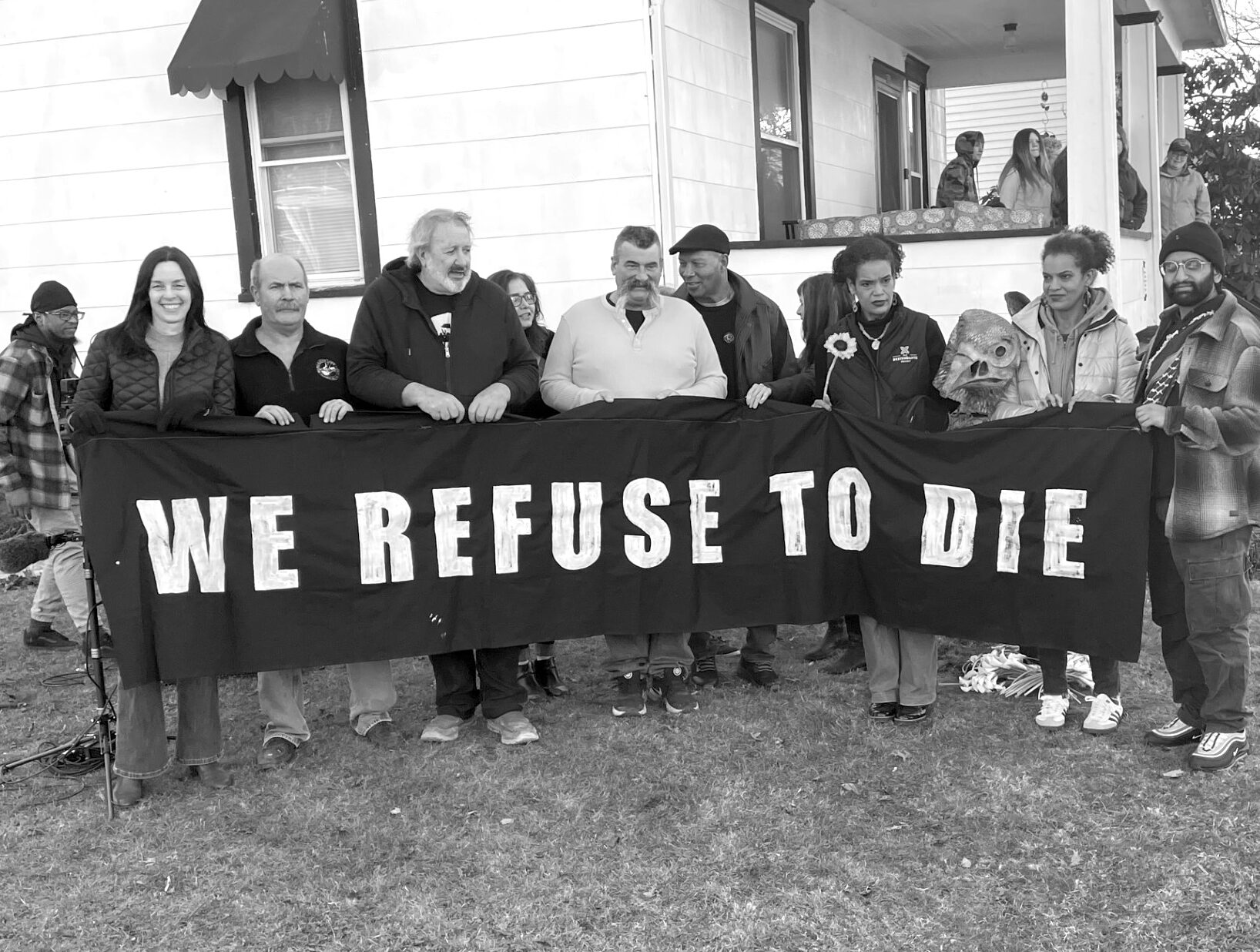
East Palestine Is Sadly Not Alone
At the “East Palestine Rising” event on February 3, residents from East Palestine and neighboring towns shared testimonies from the past year. Speakers from other frontline communities from across the country also gave words of encouragement and support.
Jo Banner from the Louisiana-based Descendents Project and Barbara Irvin from Cherokee Concerned Citizens from Mississippi both spoke of solidarity from experiences in their communities.
Along the Mississippi River in Louisiana, communities face pollution from petrochemical plants that is so bad, the region has been nick-named “Cancer Alley.” Meanwhile, in the Cherokee neighborhood of Pascagoula, Mississippi, residents face seven industrial sites right in their backyard, including a refinery and a gas processing plant.
Like East Palestine, these areas are sacrifice zones — places where residents’ health has been sacrificed for the production of toxic chemicals, dirty energy, and corporate profits.
Often, companies site polluting facilities in these communities because they are low-income or majority-people of color, and lack the political power to easily oppose them. Nevertheless, these communities do fight, because their health and wellbeing depend on it.
From Cancer Alley to East Palestine, frontline communities are also on the frontlines of our fight against fossil fuels and hazardous pollution. And all these fights are connected.
While local organization Unity Council takes on Norfolk Southern, it has also joined the fight against a Shell plastics plant in nearby Beaver County, PA. This plant has brought dangerous air pollution and malfunctions that threaten nearby communities with more chemical hazards.
The interconnectedness of all these issues was on display at “East Palestine Rising.” Pennsylvania organizations like Clean Air Council and Beaver County Marcellus Awareness Community came to show support, as did national groups like FracTracker, Beyond Plastics, Moms’ Clean Air Force, and others.
East Palestine and Communities Like It Need Accountability and Protections
After the ceremony, the throng decamped a few blocks west to the Gamble household, where Daren and Stella Gamble agreed to host an externality monument commissioned by the Natural History Museum.
This monument is a deer carved from wildfire-scorched wood in the Pacific Northwest. It represents the costs to the citizenry and environment that petrochemical corporations outsource to all of us in their operations.
Carried by community members and activists wearing ghostly masks that represent the ancestors harmed by these activities, the carving was placed to face the site of the train derailment. For those of us watching, it symbolized the eternal vigilance necessary to hold those responsible for environmental devastation to account.
East Palestine residents — with allies from labor and environmental organizations across the country — have been calling on the Biden administration to issue a major disaster declaration for the town. This would unlock federal funding for more testing and aid. And it would be the least the administration could do, especially after Biden waited an entire year to visit East Palestine.
The derailment has also spurred calls for a ban on vinyl chloride, the main chemical released in the crash. Vinyl chloride is a key ingredient in PVC plastic, making it a part of the same sprawling petrochemical industry that includes the Shell plant in Beaver and the polluting plants in Louisiana. And East Palestine isn’t the first town harmed by a train derailment spilling vinyl chloride.
Scientists have known how harmful this chemical is for decades, yet the EPA is only now evaluating it for federal regulation. This is a welcome first step, but it’s only that — a first step. To protect our communities, we need to keep pressure on the EPA to ban vinyl chloride once and for all.
A Voice on the Ground, Fighting for Her Community
At the time of the derailment, Hilary Flint lived in Enon Valley, PA, just four miles away from East Palestine, in a house that had been in her family for four generations.
Since then, health symptoms have driven her to relocate to upstate New York — nevertheless, she has become a full-time advocate with Unity Council and the Beaver County Marcellus Awareness Community.
Food & Water Watch PA has been working with Hilary, Unity Council, and other local groups. Since the derailment, we’ve helped distribute aid and advocate for more resources and regulations. After “East Palestine Rising,” which Hilary and I both attended, I spoke with her about her experiences since the derailment.
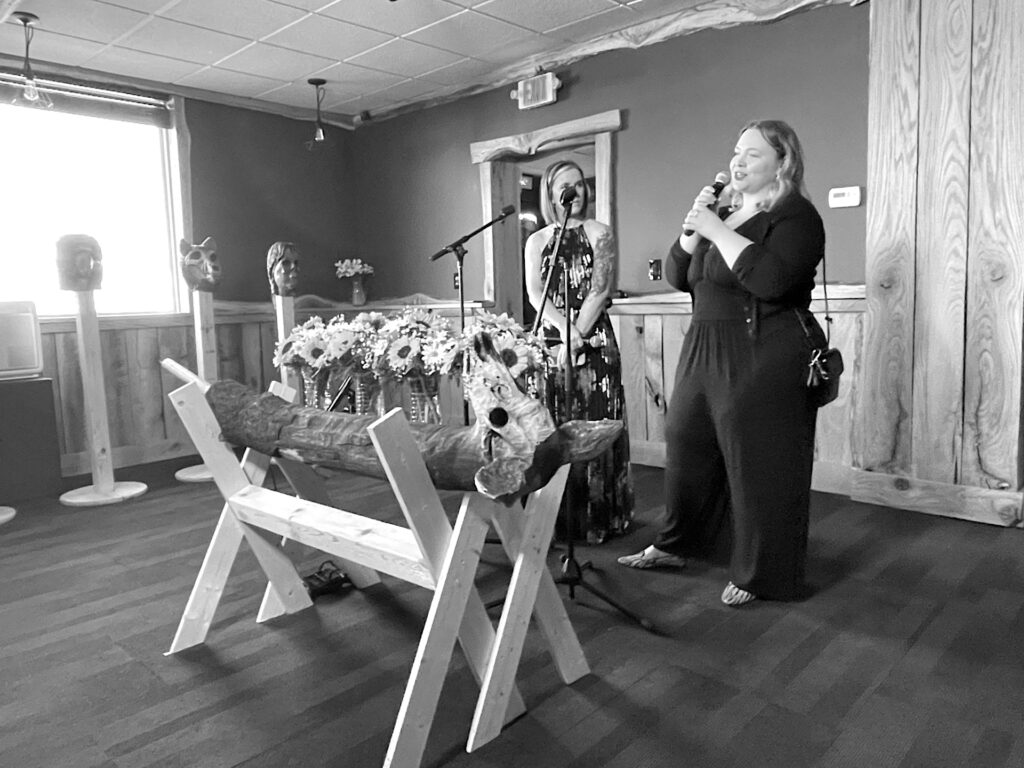
David: What is life like a year later in East Palestine and affected areas on this anniversary?
Hilary: Unfortunately, many of us have not been able to move past February 3, 2023, because we still have lingering health symptoms. I still get a nosebleed if I spend more than a couple nights in my Enon Valley, PA home, and I still haven’t been able to get someone from the DEP [Pennsylvania Department of Environmental Protection] or EPA out to do any environmental testing.
A year later, we have more questions than answers, and the fear, anger, and resentment continue to build every day that we do not have a major disaster declaration.
How has your life personally changed in the year since the derailment?
I would say my life has changed dramatically since the derailment. I relocated 5-plus hours away from my home, I have a different job so that I can advocate for my community full-time, and I spend so much time working that I barely have a moment to spare for family or friends. On top of that, my health has been very up and down due to symptoms from chemical exposure
Do you feel that Norfolk Southern has followed through with their public promises to the people of East Palestine in meaningful ways?
Absolutely not. What they have done is created an incredible PR campaign so that it looks like they’re “making it right.” We don’t need a $25-million park, or free carnival rides, or branded stuffed animals — we need relocated and we need healthcare.
What is the greatest challenge that East Palestine residents still face in the aftermath of the derailment?
Fear of the unknown. There are no existing studies on how these combined chemicals could affect the human body. We know that we’re lab rats, and that’s terrifying.
What’s worse is that we don’t have any safeguards in place to make sure we wouldn’t have to foot the bill for our healthcare due to Norfolk Southern’s greed.
Unity Council has advocated for the Railway Safety Act, which would mandate new safety regulations that could prevent future derailments like this one. However, the bill hasn’t moved in the Senate since May of last year. Do you feel there is a way forward? Or is there other legislation that could address the conditions that made the derailment possible?
Every day that this bill is stalled is a slap in the face to residents affected by the Norfolk Southern train derailment in East Palestine. This bill is common sense reform, and I’ve yet to hear a logical reason for why it isn’t moving.
I think there is still hope, and I will be traveling to Washington, D.C. to help push legislators along. We cannot let what has happened here happen to another community. There’s just no excuse!
We’ll also be advocating for the EPA to ban vinyl chloride and figuring out how we can ensure that the federal government has a better public health response plan in place for future disasters.
Update (March 6, 2024): On March 3, another Norfolk Southern train derailed, this time about five and a half hours east in Pennsylvania’s Lehigh Valley.
Besides following the anniversary of the East Palestine disaster, the derailment also comes almost exactly one year after another Norfolk Southern derailment in Springfield, Ohio.
In the Lehigh Valley derailment, train cars leaked diesel into the nearby Lehigh River and spilled plastic pellets into the environment. Plastic pellet pollution is also a concern for frontline communities near the Shell plastics plant in Beaver.
This latest derailment underscores the pervasive threat of plastic and petrochemicals, and it makes the need for better rail regulations even more urgent.



